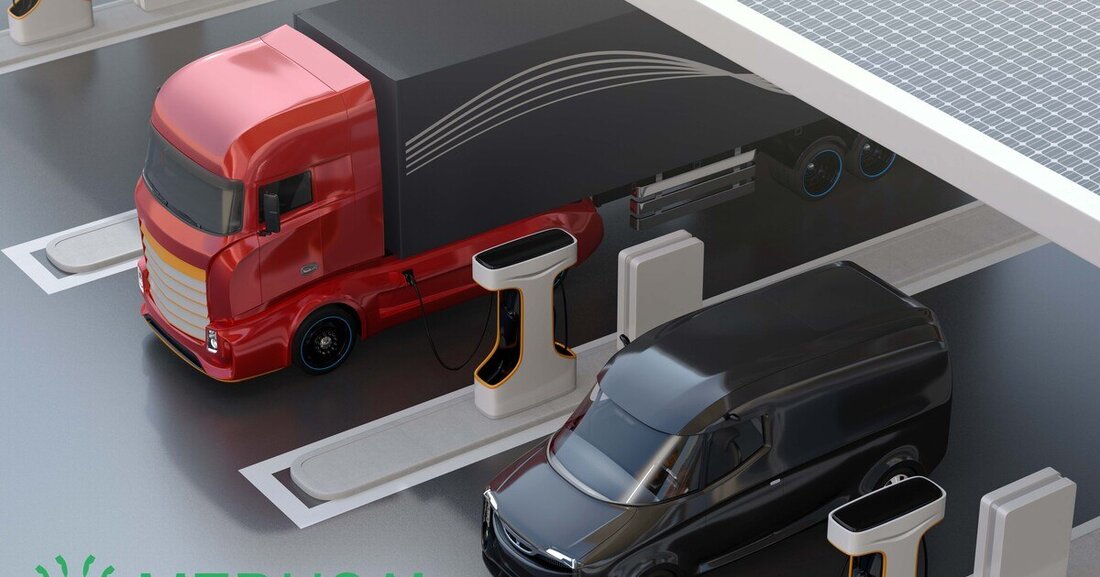Ultra-fast charging for trucks and buses
The Austrian research institute AIT and partners are developing a fast charging station and the corresponding infrastructure for electrically powered heavy vehicles.

Ultra-fast charging for trucks and buses
According to the European Environment Agency, heavy commercial vehicles such as buses and trucks account for almost 5% of total greenhouse gas emissions in the EU and around 27% of CO2-Emissions in road traffic responsible. Conclusion: Only through a significant reduction in CO2emissions in this segment, the climate targets can be achieved. However, the complete electrification of heavy vehicles and buses still requires innovative approaches and an intelligent high-performance charging infrastructure. Researchers from AIT are therefore developing a fast charging station and the infrastructure for heavy vehicles, buses and trucks in the multi-megawatt range in the “Medusa” project with their partners AVL List, EnerCharge, Infineon Technologies Austria and Xelectrix Power.
Project Medusa
The “Medusa” project stands for Multi-Megawatt Medium-Voltage Fast Charging and, in its second phase, will develop a demonstrator in Europe for the first time for a multi-megawatt fast charging station that is directly connected to the medium-voltage network. "To quickly charge a truck, an output of 3 megawatts is required. Providing this high output is a major challenge for the distribution network," explains Markus Makoschitz, project manager and senior scientist at the AIT Center for Energy. Therefore, several partners are working together in the project who have the technological know-how to develop a multi-megawatt fast charging station with a direct medium-voltage grid connection and grid-stabilizing properties. “In the future, these charging stations will enable rapid charging of 3 megawatts, or multiple charges of 150 kilowatts – which corresponds to the needs of around 20 cars,” explains Makoschitz. By connecting the battery storage systems in conjunction with solar power technology, the CO2emissions can be reduced even further.

 Suche
Suche
 Mein Konto
Mein Konto